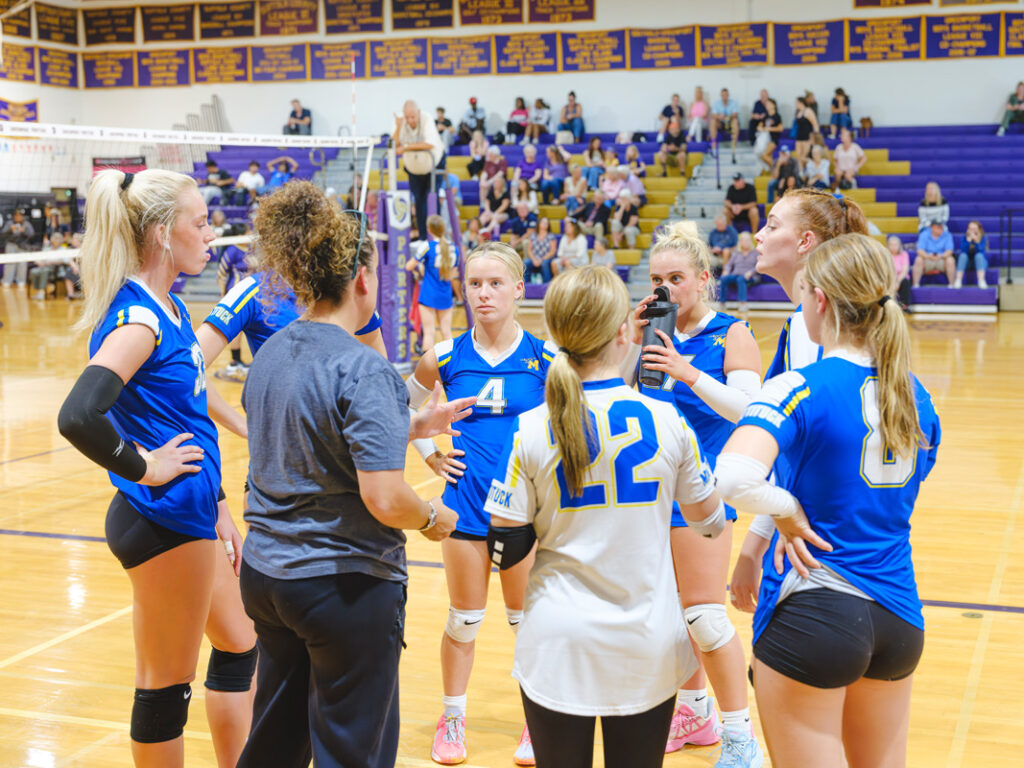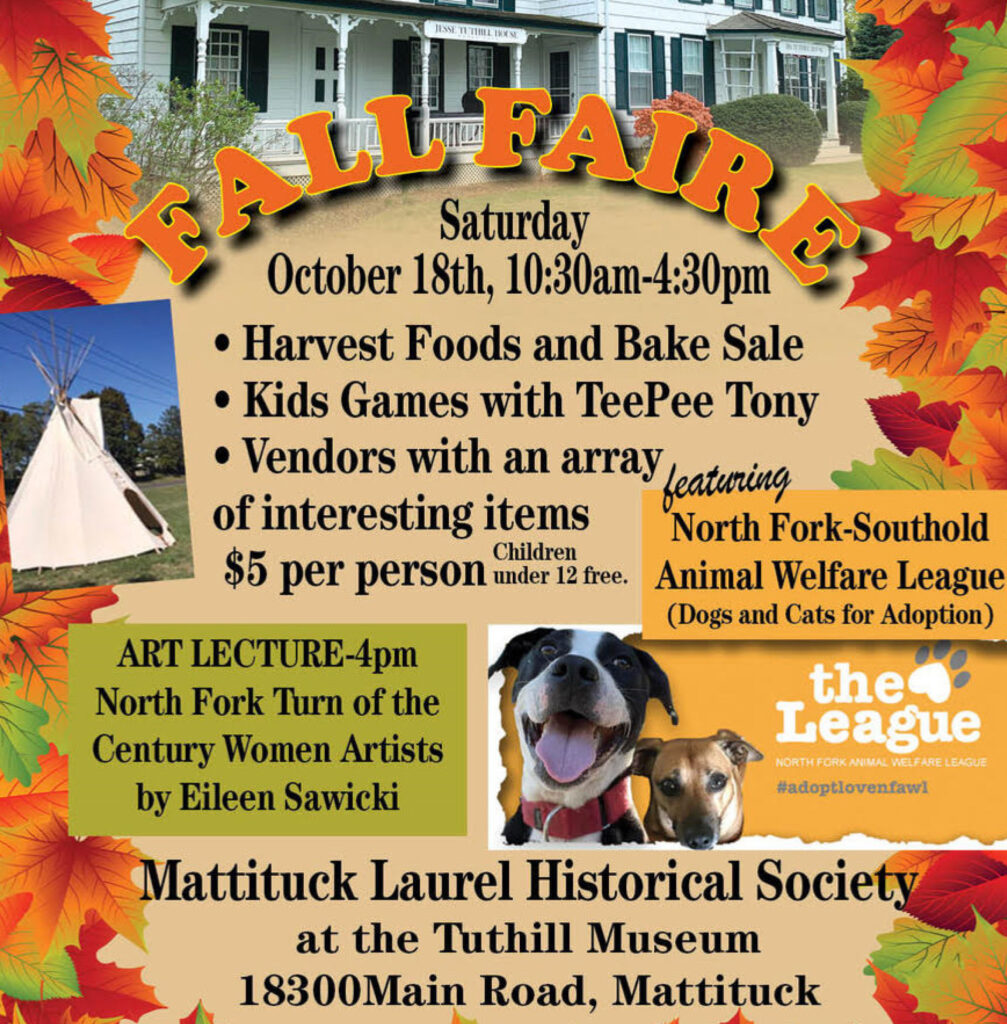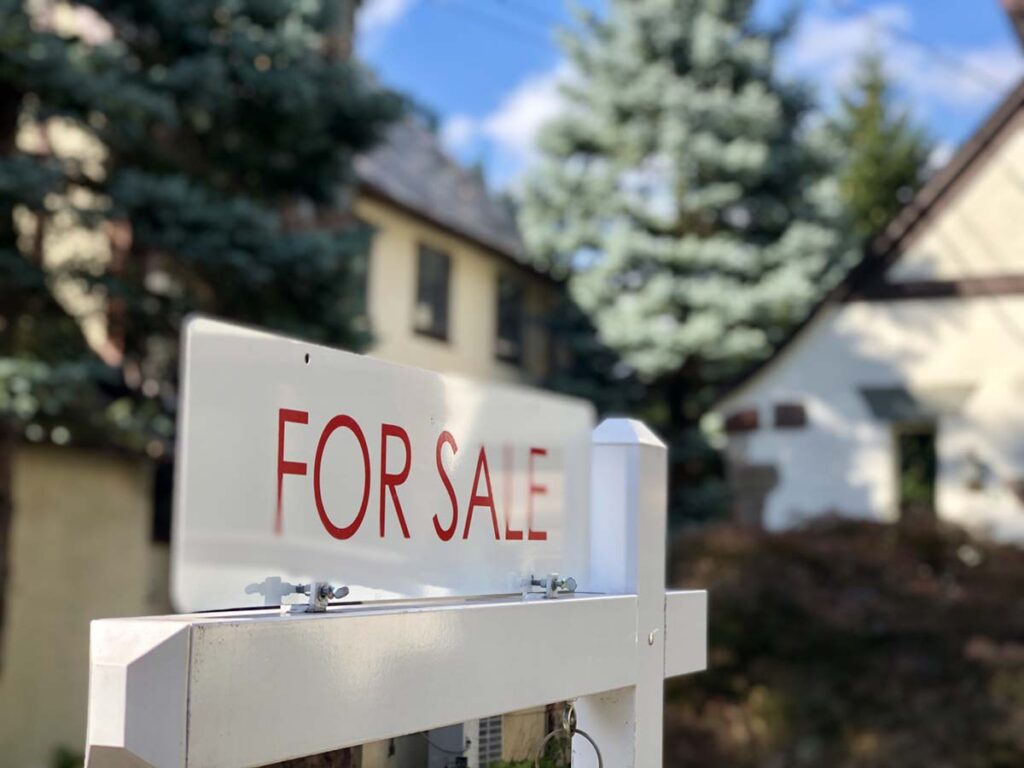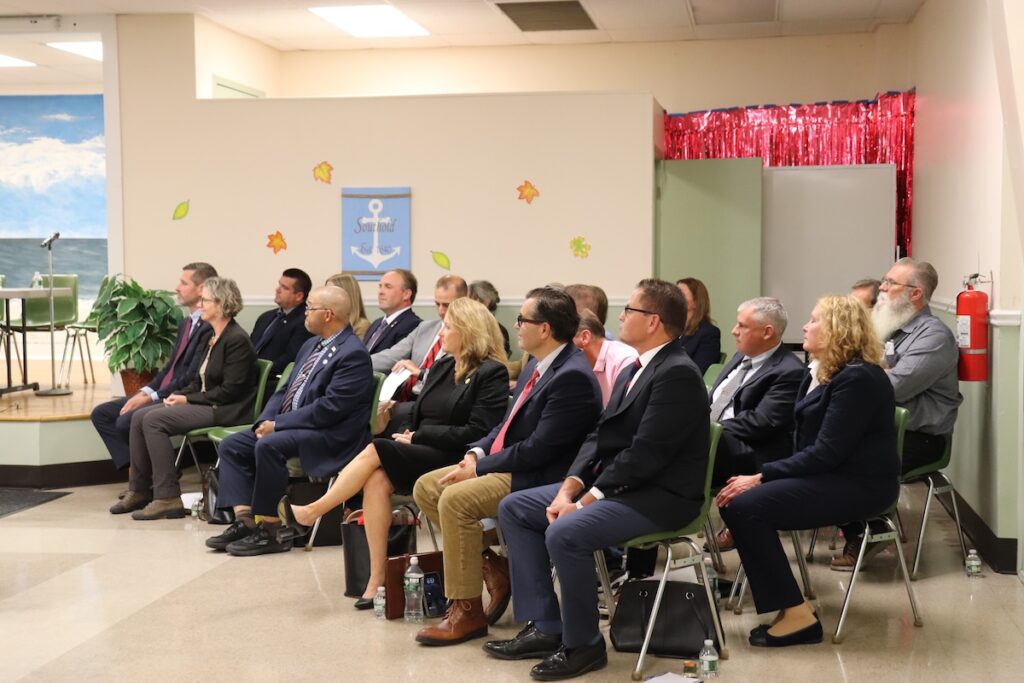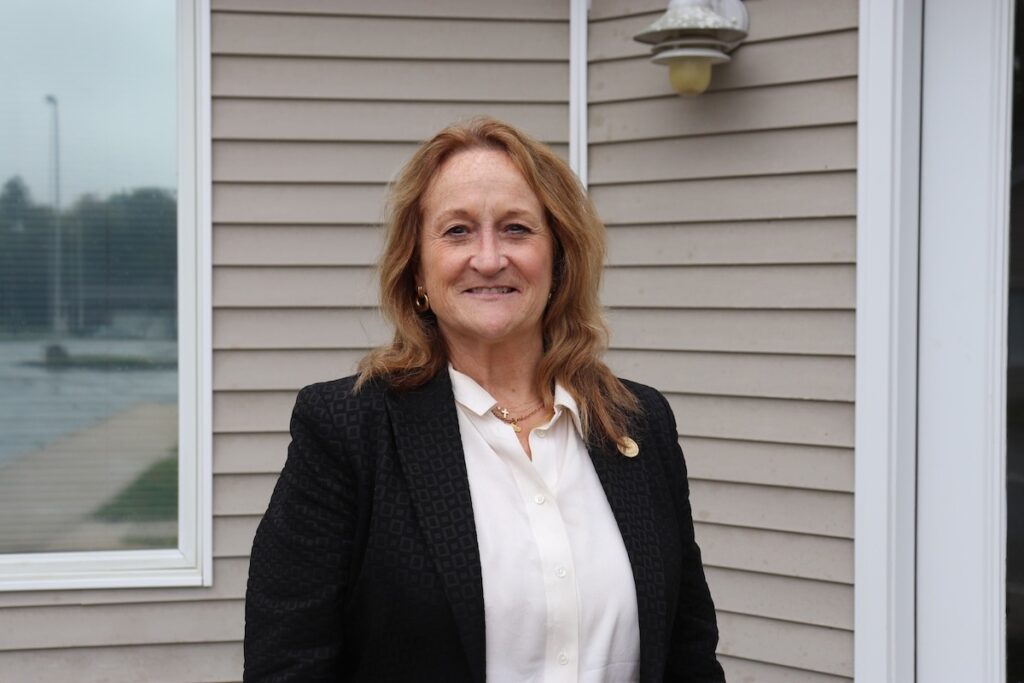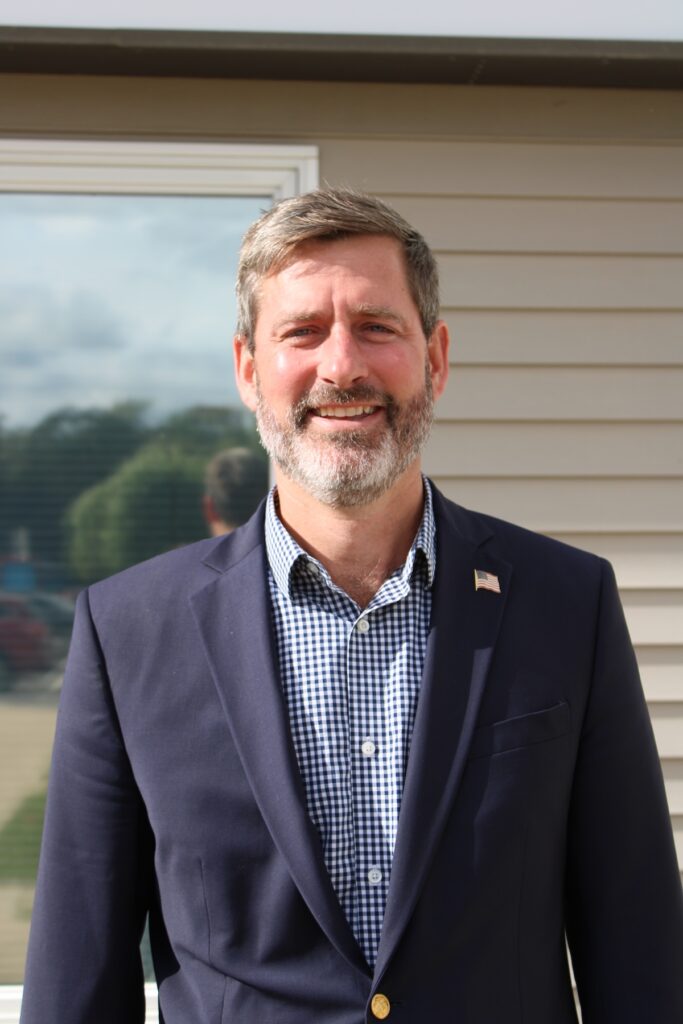Young locals pitch in to heal environment
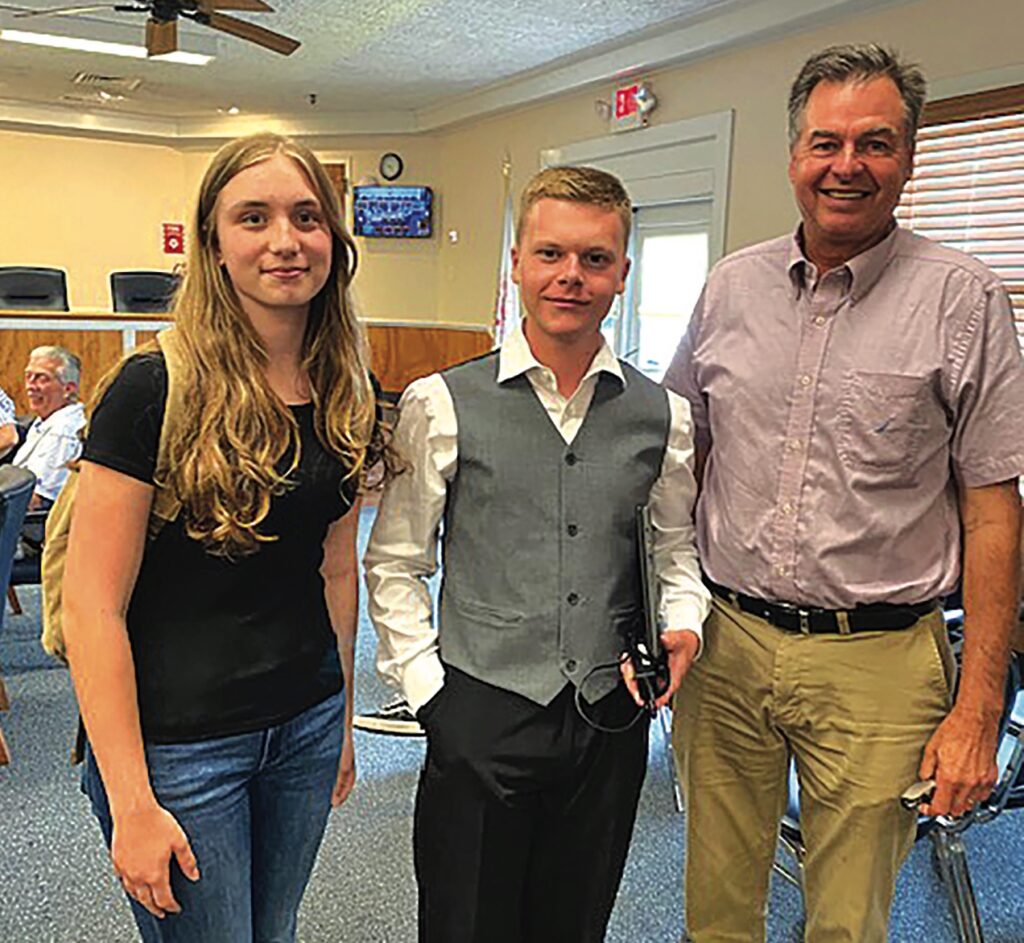
United by their concern for the environment, two young people joined forces to take on a study of water in their hometown.
Zoe King and Ryan Harned, both 17-year-old seniors at Mattituck High School, were paired by Advanced Placement biology teacher Janine Ruland to explore threats to water and, working with North Fork Environmental Council coordinator Anne Murray, to create a program they hope will inspire residents to embrace simple efforts that can make a difference in both the quantity and quality of water on which everyone depends.
Zoe described water as “the most precious resource,” and Ryan noted that water use results in depleting the aquifer faster than it can recharge.
They focused their research on increased levels of nitrogen, pesticides and herbicides that threaten the quality of water and, in July, presented members of the town water committee with a detailed report.
Below are the statements they made to committee.
One drop at a time — Zoe King
When people picture the North Fork, they often think of vineyards, farmland and stretches of quiet coastline. But beneath that natural beauty, a clock is quietly ticking. Our freshwater — the resource that sustains our agriculture, our ecosystems and our everyday lives — is running out. If we don’t take action soon, the North Fork as we know it may be changed forever.
My name is Zoe King, and I’m a rising senior at Mattituck High School. This past year, with the guidance of my Advanced Placement biology teacher, Janine Ruland, and North Fork Environmental Council coordinator Anne Murray, my classmate Ryan Harned and I launched a project focused on water conservation here on the North Fork. Ryan and I care deeply about the environment, but even we were surprised by how urgent and widespread the problem is.
At first, I was mostly drawn to issues like wildlife preservation and visible pollution — issues that were visible and more apparent. But the more I learned about our water system, the more I realized just how interconnected it all is. Every single part of our local environment depends on the health and availability of clean water.
Once I understood that, I couldn’t look away. Long Island relies on a sole source aquifer, a single underground supply of freshwater that serves everyone, from farmers to families. Every drop we use for showers, sprinklers, or drinking water comes from that same place. And once that aquifer is contaminated or overdrawn, we don’t have a backup.
As I paid closer attention, I started noticing how much water is wasted every day: sprinklers running at noon, cars being washed on driveways, leaking spigots left unfixed. It all adds up. The damage isn’t always dramatic, but it’s constant — and completely preventable if the proper actions are taken.
When Ms. Murray offered us the chance to apply what we were learning to a real community issue, we said, “Yes” right away. Our original assignment was to come up with a list of 10 water-saving tips, but our project quickly grew into something more. We created a full educational slideshow explaining what’s happening to our water, why it’s happening and what we, as individuals and as a community, can do about it. We were proud to present it at a Southold Town Board meeting, and it’s now available to view on the town’s website.
Through this project, we didn’t just research or study. We got to make a real impact. We helped educate our neighbors and hopefully inspired some to make small, meaningful changes in their daily routines. Because saving water isn’t just turning off a tap. It’s about protecting the future of the North Fork.
If we all pay a little more attention, we can make a big difference — one drop at a time.
Zoe King is a senior at Mattituck High School.
Learning to improve quality — Ryan Harned
I would like to express my sincere gratitude to the Southold Town Board members and the water advisory committee for taking the time to listen to our project. Zoe King and I are so thankful for the positive response we received after hearing our presentation.
We both felt our audience understood our message and the urgency surrounding the new irrigation legislation, which was passed shortly afterward. I would like to mention how this project came to be by sharing a bit about my background.
My passion for the natural world began as a young child. I loved when my parents would take me to the beach and I would look for anything interesting in tide pools or under rocks. Even during family vacations, we often visited national parks and I found myself deeply concerned with conservation and protecting natural spaces.
This passion is what carried me through to discover an opportunity to spread awareness about Southold’s saltwater intrusion problem. I was especially troubled when I heard about what detrimental effects this contamination could have on Southold’s natural areas. So when I had the opportunity, I jumped at the chance to put my best foot forward.
I have to give credit to my biology teacher, Janine Ruland, for introducing Zoe and me to Southold Town land use coordinator Anne Murray. Once we had the invaluable guidance of Ms. Murray, Zoe and I were finally ready to bring our amazing project to life.
Zoe and I would meet with Ms. Murray periodically and she offered guidance on what information to include and which points to emphasize. Once the school year ended, Zoe and I finalized our project, focusing on accurate information, good visuals and a well-rehearsed presentation. We decided the best way to maintain the flow of information was to alternate speaking for each slide. This way we both knew exactly when it was our turn, avoiding any confusion. Finally the day came, we were both ready to speak in front of everyone and present.
Once it was all over, I wanted to make two last points. One was how even though this was a major issue that many adults have been working to find a solution, this problem is not above the scope of young people who also deeply care about our community and want to bring about change. The other was to emphasize the severity of the issue because we all, as residents of Southold Town, live on an island surrounded by saltwater, so freshwater is one of our most precious resources.
At the end of the day, I am extremely happy to have been a part of this experience and I want to thank Zoe for taking this project on with me. It’s been truly rewarding and I hope we can continue to contribute to our community and help preserve our most precious resource — fresh water.
Ryan Harned is a senior at Mattiuck High School.




